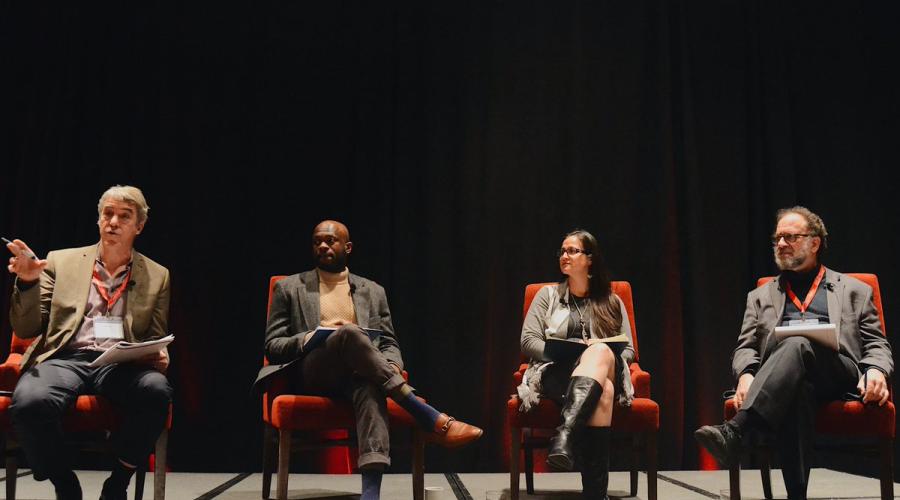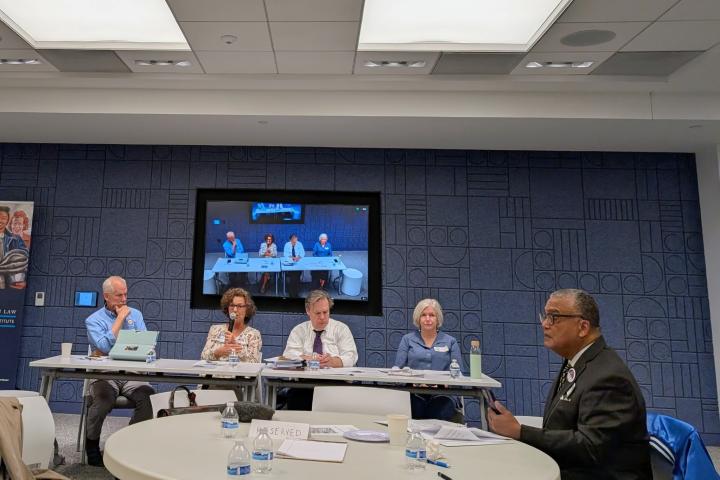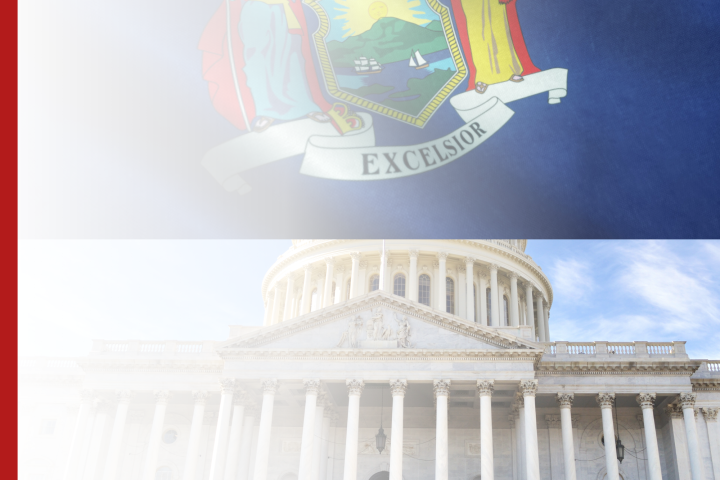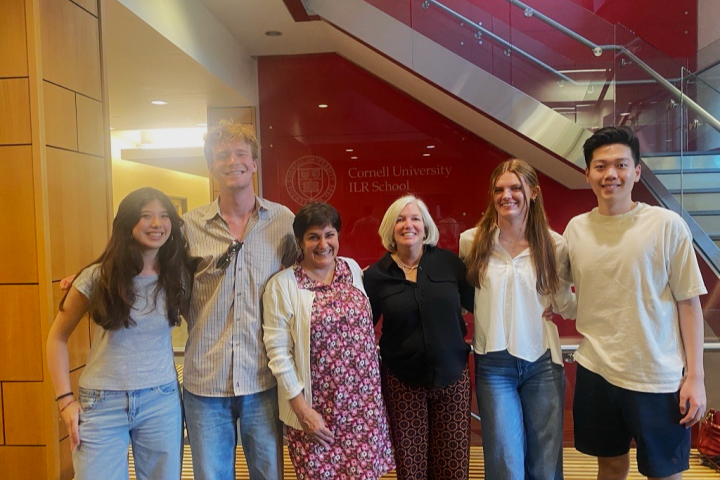
How Do We Build the University that the World Needs Now?
Is democracy dead? Two-thirds of Americans born in the 1980s do not believe that it is “essential” to live in a democracy. This figure stands in stark contrast to the 75% of Americans born in the 1930s who do believe it is essential, according to a 2017 Pew Research study[i]. Today’s citizens, and particularly youth, are rationally skeptical of democracy. For economic, political and social reasons peoples voices aren’t making their way into decision making. Being a good citizen is only rewarding if you can do it in healthy political institutions.
Danielle Allen[ii] posited to the 400 participants of the Eastern Region Campus Compact Conference this week, “we [institutions of higher education] have an enormous amount of work to do. It is the fundamental work of democracy that shows itself differently in different times for different purposes. The work is always unfinished, so how do we need to change to meet the needs that the world demands of us now?” Our institutions must ensure that our scholarship and practice, the things we value and hold in regard evolve as the world and circumstances around us change; and innovation necessitates that we think and act differently.
Kristin Szczepaniec, Collaboration and Research Specialist and Megan Connelly, Director of High Road Policy and Engaged Learning were invited to present Cornell ILR Buffalo Co-Lab’s unique role as a place-based model for university-community partnerships to advance an equitable economy and democratic community and to strengthen civic action in Greater Buffalo. The presentation, Democratizing Knowledge for the Public Good: Internships, Research, and Experts, described Cornell ILR Buffalo Co-Lab initiatives—High Road Fellowships, Buffalo Commons and Activist-Scholars and how they collaboratively integrate scholarly and practical understanding through actionable research, internships, workshops and forums, curriculum development, and policy.
Democratizing knowledge requires shifting the long-held, systemic perception that information flows one-directionally from universities to communities; it means appreciating and creating spaces for community voice to inform and influence what is studied, how it is approached, and play a pivotal role in the production paradigms, data, and information. High Road Fellowships, Buffalo Commons, and Activist-Scholars are initiatives that can be replicated in other institutions and metro areas to both democratize knowledge and to develop understanding for improved democracy. We can give our students and our community a taste of what it means and what it looks like to meaningfully participate in decision-making—and to make a change in the world around them.
Fostering programs, collaborations, and instructors that are dedicated to translating knowledge for the community and understanding community for students is a powerful factor in creating a just, open society.
“Can institutions be changemakers?” Marina Kim, co-founder and Executive Director of Ashoka U left this question for participants to consider.
Yes. We believe that we can be changemakers. If innovation starts with asking questions—why? what if? how?—then there are a lot of voices that need to brought into this conversation and a lot of learning and unlearning that needs to happen.
There is an enormous amount of work to do. And the work is always unfinished. Let’s get started.
- Share your work on Buffalo Commons Digital Library
- Apply for an Engaged Cornell grant to do work in Buffalo
- Encourage students to participate in High Road Fellowships



